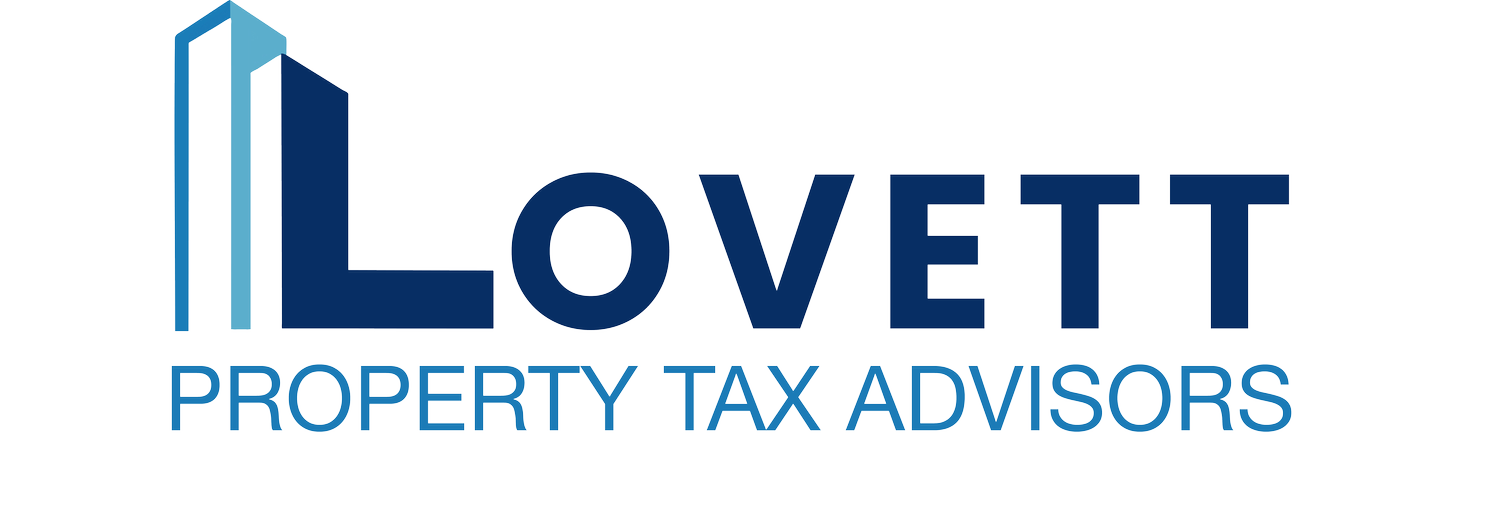Everything You Need to Know About Appealing Your Commercial Property Taxes in South Carolina
Introduction: Property taxes are a significant expense for commercial property owners in South Carolina. However, it's essential to ensure that these taxes are fair and accurately assessed. If you believe your commercial property's tax assessment is too high, you have the right to appeal the decision. Understanding the process and the factors involved in appealing your commercial property taxes in South Carolina is crucial. In this article, we will provide you with an overview of everything you need to know about appealing your commercial property taxes in the state.
1. Know Your Assessment: Before considering an appeal, it's crucial to understand how your property is assessed. The assessment process in South Carolina involves determining the fair market value of your commercial property, which is multiplied by the appropriate assessment ratio to calculate the assessed value. Familiarize yourself with the assessment procedures, including factors such as property improvements, location, and market trends, that influence the assessment of your property.
2. Review the Assessment Notice: Once the tax assessment is complete, you will receive an assessment notice from the county assessor's office. Carefully review this notice, as it will contain essential information about your property's assessed value, the tax rate, and the deadline for filing an appeal. Be mindful of this deadline, as failing to meet it may forfeit your right to appeal for that tax year.
3. Gather Evidence: To build a strong case for your appeal, gather supporting evidence that proves your commercial property is over-assessed. This evidence may include recent sales data of similar properties, property appraisals, income statements, and any documentation that highlights discrepancies or errors in the assessment process. Consulting with a qualified appraiser or a property tax professional can provide valuable insights and assistance in this regard.
4. File an Appeal: To initiate the appeal process, you must file a formal appeal with the county board of assessment appeals or the county board of equalization. The appeal form and specific filing instructions can typically be obtained from the assessor's office or the county website. Ensure that you provide a detailed explanation of the reasons for your appeal and attach all relevant evidence to support your case. Remember to adhere to the prescribed filing deadlines.
5. Prepare for the Hearing: Once your appeal is filed, a hearing will be scheduled to present your case before the appeals board. It is essential to be well-prepared for this hearing. Organize your evidence, develop a persuasive argument based on facts, and be prepared to answer any questions from the appeals board. If you are uncomfortable presenting your case or lack expertise in this area, you may consider hiring an attorney or a property tax specialist to represent you during the hearing.
6. Understand the Decision: After the hearing, the appeals board will review the evidence presented and make a decision regarding your appeal. They may choose to reduce, uphold, or even increase your property tax assessment. It's important to understand that the decision of the appeals board is final unless you choose to pursue further legal remedies, such as appealing to the circuit court.
7. Consider Professional Assistance: Navigating the property tax appeal process can be complex, especially for commercial property owners. Seeking professional assistance from a property tax specialist, an attorney specializing in property tax law, or a certified appraiser can provide expert guidance throughout the appeal process. These professionals have the knowledge and experience to help you build a strong case and maximize your chances of a successful appeal.
Conclusion: Appealing your commercial property taxes in South Carolina requires a thorough understanding of the assessment process and the ability to gather compelling evidence to support your case. By familiarizing yourself with the procedures, meeting all deadlines, and presenting a well-prepared argument, you can increase your chances of a favorable outcome. Remember, seeking professional assistance can further enhance your appeal's effectiveness and help you navigate the complexities of the process. By advocating for fair and accurate tax assessments, you can ensure that your commercial property taxes align with the true value of your property.


